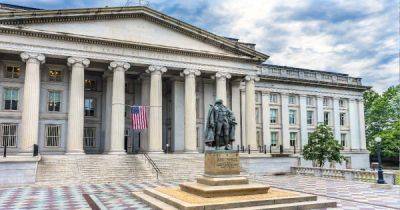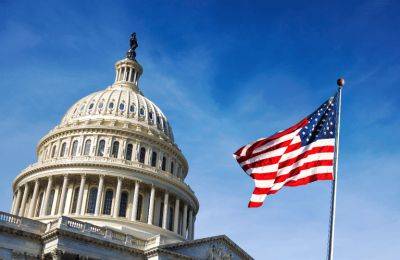Sam Altman’s ouster shows Biden isn’t handling AI properly
CbatGPT developer OpenAI announced last week that it had fired CEO Sam Altman due to a loss of confidence by the board — only to see him return to the company after 90% of OpenAI staffers threatened to resign. The firing caused a flurry of excitement from companies offering to match OpenAI salaries in an attempt to lure top-tier talent.
The debacle — and its associated lack of transparency — highlighted the need to regulate AI development, particularly when it comes to security and privacy. Companies are developing their artificial intelligence divisions rapidly and a reshuffling of talent could propel one company ahead of others and existing laws. While President Joe Biden has taken steps to that effect, he has been relying on executive orders, which do not require input from Congress. Instead, they rely on agency bureaucrats to interpret them — and could change when a new president is inaugurated.
Biden this year signed an executive order related to the “safe, secure, and trustworthy artificial intelligence.” It commanded AI companies to “protect” workers from 'harm,' presumably in reference to the potential loss of their jobs. It also tasked the Office of Management and Budget (OMB) and Equal Employment Opportunity Commission (EEOC) with, in part, establishing governing structures within federal agencies. It also asked the Federal Trade Commission (FTC) to self-evaluate and determine whether it has the authority “to ensure fair competition in the AI marketplace and to ensure that consumers and workers are protected from harms that may be enabled by the use of AI.”
The fundamental problem with an approach driven by executive fiat is its fragility and limited scope. As evident by the SEC and CFTC’s (largely unsuccessful)
Read more on cointelegraph.com






















